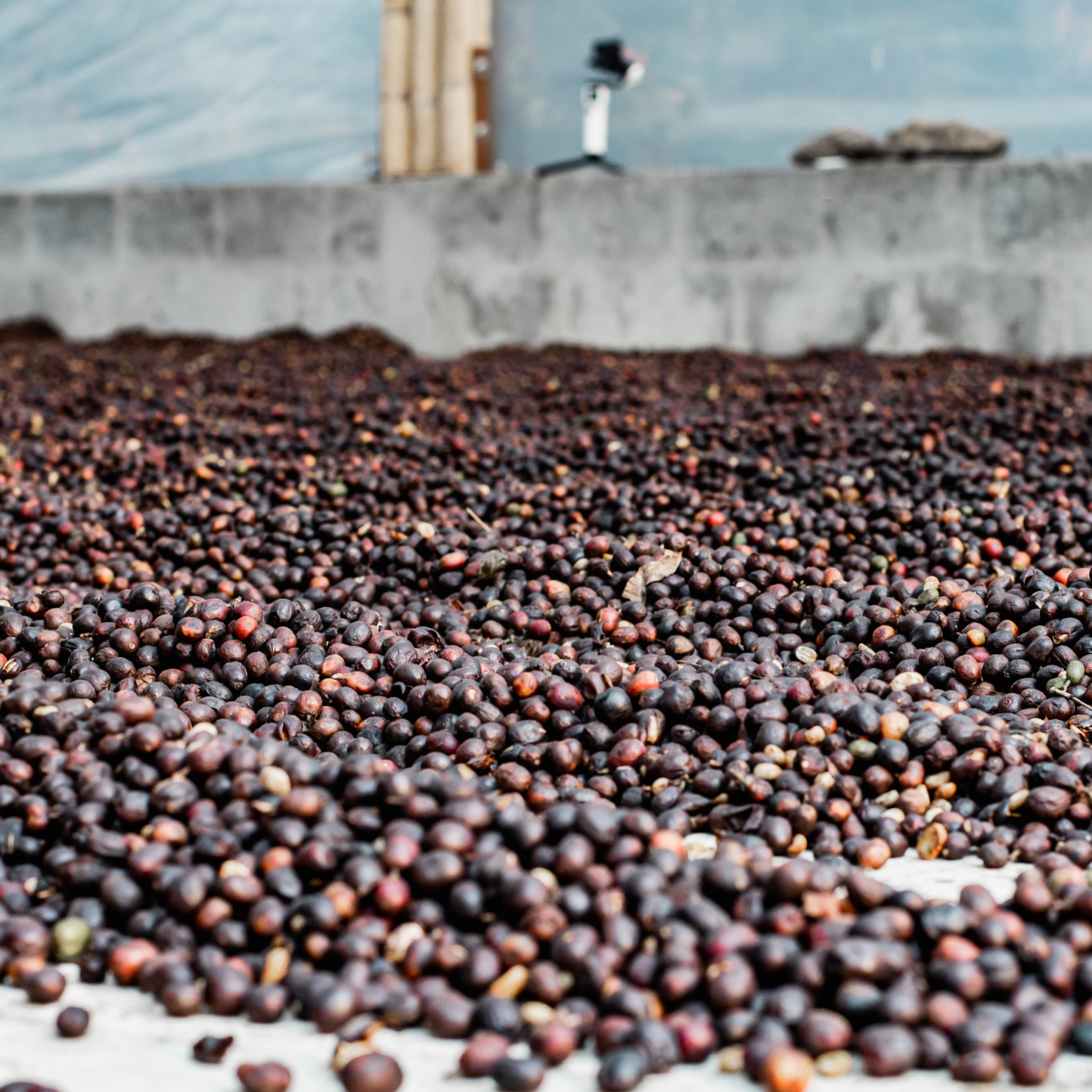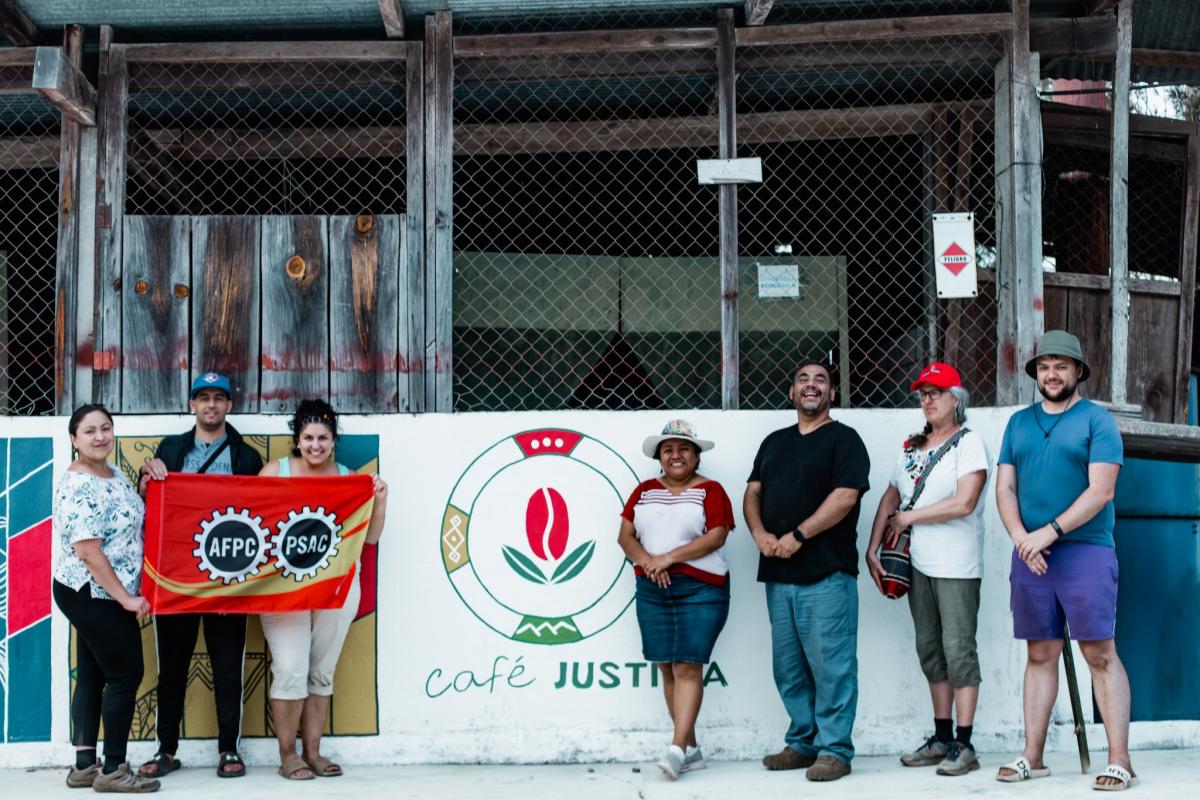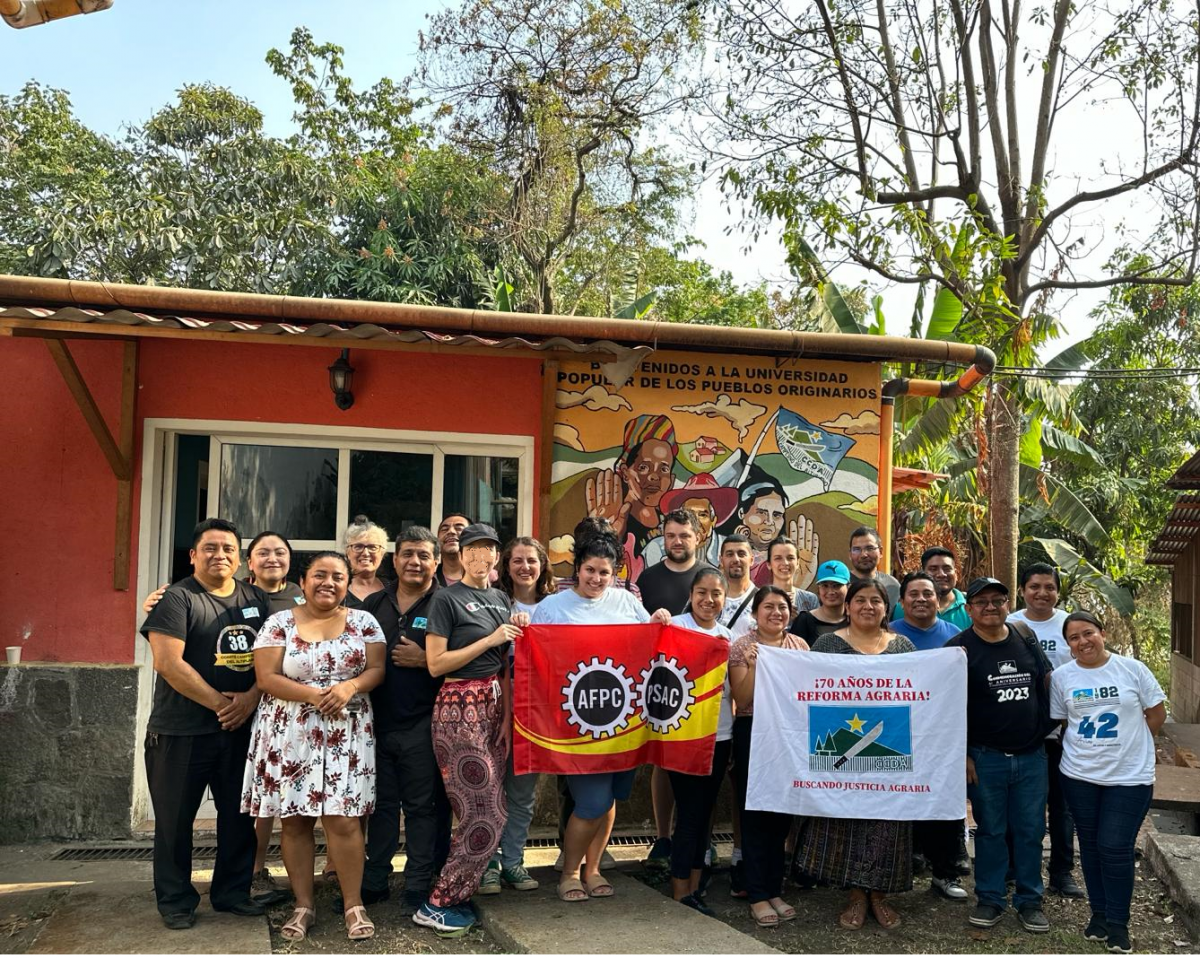Is organic certification worth the cost for small-scale coffee farmers?
By Addison Herman

During our delegation to Guatemala, we had the opportunity to meet with Neydi Juracán, national coordinator of the Campesino Committee of the Highlands (CCDA). Neydi shared the many challenges small-scale farmers face in trying to make a living from coffee production. She explained that while many farmers cultivate their coffee as certified organic, the certification comes at a steep cost. Despite this, organic certification allows them to earn more per kilogram sold than they would with non-certified coffee.
One of the presenters from the CCDA described a strategy they’ve used to help farmers benefit from organic production without formal certification. They have collaborated with the Canadian solidarity group BC CASA to create the Cafe Justicia brand of coffee. BC CASA imports to Canada the Cafe Justicia produced by members of the CCDA. It treats the CCDA's non-certified organic coffee as transitional coffee and pays an above market price that is determined in discussions with the CCDA that takes into account production costs and a living wage. This coffee is distributed throughout Canada by social and labour organizations such as the PSAC.

The question of whether small-scale farmers should certify has been debated over the past few decades. A study from 2022 found that while customers vary in their perception of brand value, the organic label itself provides a consistent benefit as it sets a standard. The same study also suggested that the organic label is more valuable for brands that haven’t yet established themselves.
Other studies in Central America have found that most organic-certified farmers do not sell their entire crop at organic prices, meaning that certification often provides limited benefit to the household.

Another certification that could benefit small-scale producers is fair trade, which provides economic advantages by connecting coffee farmers with specialized markets. Fair trade certification also ensures environmental sustainability at all levels of coffee production. Linking fair trade and organic certifications can bring tangible benefits by combining environmental conservation with poverty reduction. This approach benefits not only the coffee producers but also the wider community and region.
It’s crucial to ensure that small-scale coffee producers can benefit from fair trade certification, receiving fair compensation for their labour and the opportunity to improve their livelihoods, while contributing to environmental sustainability in the long term. Supporting fair wages through fair trade certification can lead to rural development that benefits entire communities.
Addison Herman is the local president for CEIU Local 630 in Ottawa/Gatineau. He is the co-chair of the PSAC Young Workers Committee for the National Capital Region and sits on the CEIU National Young Workers Commitee.
 Member Login
Member Login


